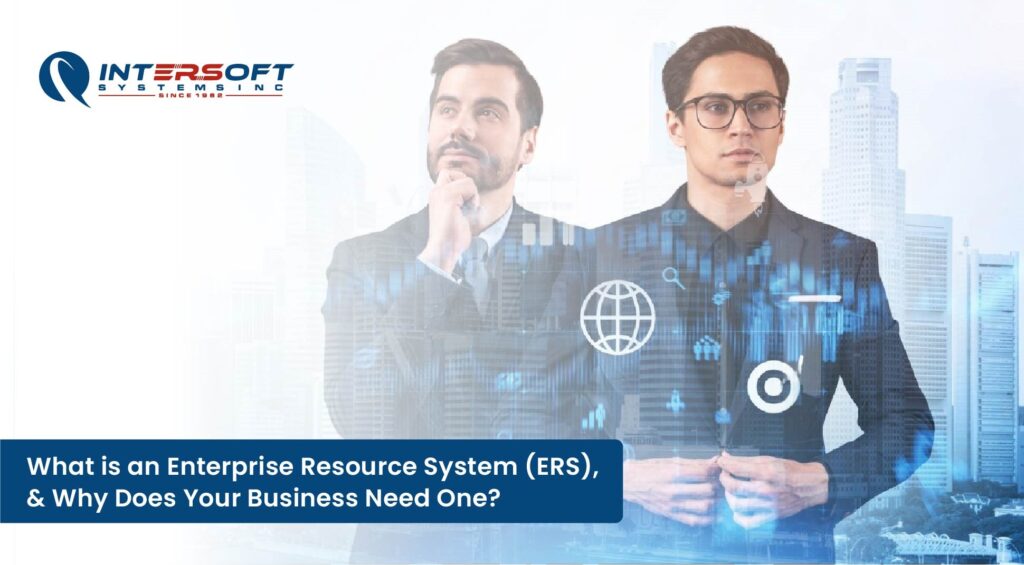What is an Enterprise Resource System (ERS), and Why Does Your Business Need One?


An Enterprise Resource System (ERS) system is an integrated software solution that consolidates core business processes across departments into a unified platform. Here are some reasons why your business should consider implementing an ERS system to operate efficiently and remain competitive.
What is an ERS System?
ERS systems are software tools that unify and manage key business functions such as accounting, human resources, supply chain management, and customer relationship management. Key functions of ERS systems include:
- Centralizing data from various departments for better collaboration.
- Automating repetitive tasks to reduce errors and save time.
- Providing real-time insights for data-driven decision-making.
For example, an ERS automatically updates inventory, generates invoices, and notifies shipping departments when a sales order is placed—eliminating manual processes.
Benefits of ERS Systems
- Increased Operational Efficiency:
- Streamlines workflows by reducing manual data entry.
- Allows employees to focus on strategic initiatives.
- Enhanced Data Accuracy:
- Offers a single source of truth, ensuring that all departments work with consistent and up-to-date information.
- Scalability:
- ERS systems grow alongside your business, accommodating new employees, locations, and market demands.
- Modular solutions adapt to changing needs, making ERS systems suitable for both small businesses and large enterprises.
- Improved Customer Satisfaction:
- Enables faster, more informed responses by connecting customer service, inventory, and order systems.
- Reduces delays and errors in service delivery.
- Compliance and Reporting:
- Includes built-in tools to ensure adherence to industry standards and regulations.
Adjusting in the Future
ERS systems help businesses stay future-ready by blending digital tools with traditional methods for maximum efficiency. They adapt to evolving technological advances and market demands, ensuring businesses remain competitive. By supporting digital transformation, ERS systems eliminate data silos, fostering collaboration and innovation across departments. As industries become more reliant on technology, ERS systems provide the flexibility and scalability needed to streamline operations while driving growth and collaboration, making them essential for staying ahead in an ever-changing business environment.
Why Your Business Needs an ERS
Despite the upfront investment, the long-term benefits of implementing an ERS system far outweigh the costs. Businesses save time, reduce errors, and minimize waste, ultimately increasing profitability. Other benefits include:
- Save time and reduce costs by automating repetitive tasks.
- Enable smarter decision-making with accurate, real-time data.
- Improve efficiency across departments to maximize growth potential.
- Foster better communication and collaboration both internally and with customers.
In conclusion, ERS systems aren’t just software tools—they’re strategic investments in your business’s success. By improving efficiency, scalability, and customer satisfaction, ERS systems empower organizations to embrace digital transformation and to thrive in an ever-evolving marketplace.
